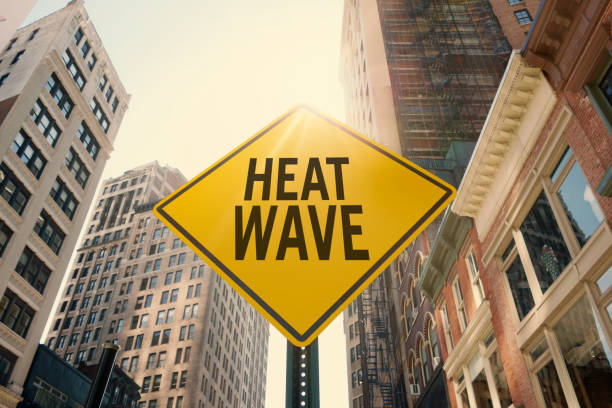Hello Everyone! Welcome to SasVibe. A record-breaking heatwave is currently sweeping across the United States, posing a significant threat to the health and safety of approximately 130 million people. This unprecedented heat event has led to temperatures soaring well above normal levels, causing widespread concern among residents and authorities alike.
Impact on Daily Life
The heatwave has already led to numerous heat advisories and warnings across multiple states. Public health officials are urging people to stay hydrated, avoid prolonged outdoor activities, and check on vulnerable populations such as the elderly and those with pre-existing health conditions. In several regions, local governments have opened cooling centers to provide relief to those without access to air conditioning.
Health Risks and Precautions
Prolonged exposure to extreme heat can result in serious health issues, including heat exhaustion, heatstroke, and dehydration. Symptoms to watch for include dizziness, rapid heartbeat, nausea, and confusion. Medical professionals emphasize the importance of staying cool, drinking plenty of fluids, and seeking immediate medical attention if symptoms of heat-related illnesses appear.
Environmental and Economic Effects
Beyond the immediate health risks, the heatwave is also affecting infrastructure and the economy. High temperatures are straining power grids as the demand for electricity surges, leading to potential blackouts. Additionally, the agricultural sector is facing challenges as crops suffer from the intense heat and lack of rainfall, potentially leading to higher food prices.
Climate Change Connection
Experts attribute the increasing frequency and intensity of heatwaves to climate change. As global temperatures rise, such extreme weather events are becoming more common, prompting calls for more robust climate action to mitigate future risks. Scientists continue to study the long-term impacts of these patterns and advocate for policies aimed at reducing greenhouse gas emissions.
Staying Informed and Prepared
Residents are advised to stay informed through local news channels and weather updates. Preparedness tips include having an emergency kit, knowing the locations of the nearest cooling centers, and having a plan to stay in touch with family and neighbors during extreme heat events.
For more detailed information and updates, visit the National Weather Service’s website.
Conclusion
The current heatwave serves as a stark reminder of the growing impact of climate change on daily life. With millions at risk, it is crucial for individuals and communities to take proactive steps to stay safe and mitigate the effects of extreme heat. Continued vigilance, preparedness, and a commitment to addressing climate change are essential to protecting public health and well-being.



